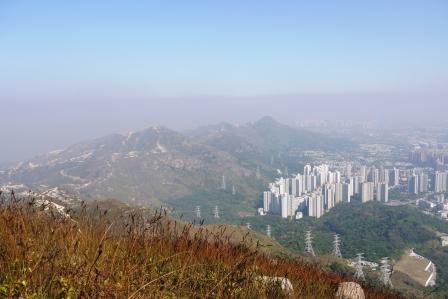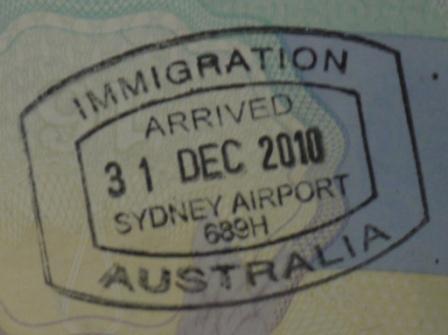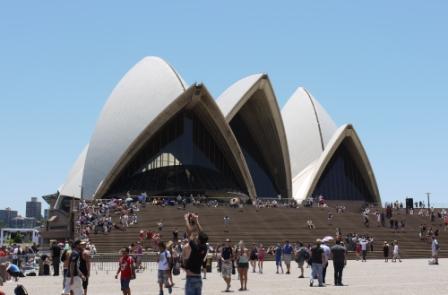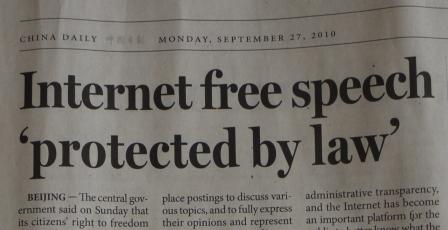A random selection of statistics, some serious, others just to amuse, chosen by the author after a particularly strong coffee… There’s quite a few, but it is a big country, and I’ve been here a while. Enjoy!
Population of China – Over 1.3 billion, 51% of whom now live in cities
Most surprising discovery – The sheer amount of construction – infrastructure, offices, shopping centres, housing – true nation building
Biggest myth about China – You can see the Great Wall from space – no. Why should you be able to? It’s about ten metres wide, mostly earthworks and so the same colour as the surrounding terrain. More chance of spotting Hadrian’s…
Second biggest myth about China – Rice is the staple. Not exactly. Much more noodles in the west. Probably because rice grows in the more wet, humid south eastern part of the country.
Greatest Chinese invention – Toilet paper
Nicest city – Xi’an, central China. Probably best known as the home of the Terracotta Army
Most distasteful sight – Spitting in the street, particularly prevalent in eastern China
Second most distasteful sight – Overweight men rolling up their shirts, exposing their midriffs, to try and keep cool in hot weather – city of Urumqi, western China
Most irritating discovery – Talking Chinese calculators
Second most irritating discovery – Blocking mainstream websites like Facebook, video hosting services such as Vimeo or YouTube. And The Outward Bound Trust’s own site.
Most intriguing discovery – The often low standard of English practiced by those who teach it in State schools. Especially their oral ability
Distance travelled from UK – About 16,000 kilometres / 10,000 miles
Longest (most epic) day – Riding into Kuytun, western China – 162 kilometres / hundred miles across the desert
Hottest day – They blur. Somewhere in the Gobi desert, western China. Into the forties
Highest point – Road tunnel east of the provincial town of Jingning, central China. Close on 7,600 feet. Second place goes to Lake Sayram Hu, in western China, near the border with Kazakhstan – about 7,000 feet. Quite beautiful
Lowest point – Turpan Basin, western China. Few hundred feet below sea level. See also medical dramas below…
Most photographed object – Me. By the Chinese
Most useful item carried – Letter of introduction in Chinese – one of four things that never leave my side – the other three being my wallet, passport and phrase book
Most novel (for a Westerner) place to spend a night – Heavy Goods Vehicle cab, somewhere in the Gobi desert, western China
Item I most wish I’d brought with me – Phrase book with more than just ten pages devoted to Mandarin
Item I brought but probably shouldn’t have bothered with – the phrase book I actually had…
Favourite food – Stuffed dumplings, similar to those found in much of Central Asia
Best coffee – Hotel Ibis, Xi’an, Central China – not the free stuff included with the breakfast buffet, the one you have to buy from the bar
Best pseudo-full English breakfast – Fat chance. But did find some lovely tuna sandwiches and fruit scones in the city of Nanchang, eastern China
Stops by the police – Once – en route to Turpan in Western China – by traffic officers concerned for my safety in by then gale force winds
Most dangerous place to cycle – Chinese towns and cities
Most common TV advert – Breast enhancement lotions – not a jot of evidence they work….
Medical dramas – Copious – if that’s the right expression – amounts of travellers diarrhoea, western China. Oh how we laugh about it now…
Number of manual workers eligible to take the Chinese Civil Service entrance examination in 2010 – Less than 200 – but, if successful, they’ve a 1:14 chance of a job, against the norm of about 1:1,000
Favourite Chinese language film – With English subtitles – Fourteen Blades – released 2010
Number of Chinese visas – A staggering four – a sixty day one from Malta (not used), two ninety day ones from London and a zero entry thirty day one obtained in Xi’an, China
Favourite white lie.. Asked by a border guard if my phone would work in China, I explained I really wasn’t sure, hadn’t had chance to try it…. It’s a satellite phone. Works anywhere on the planet. So probably ok.
And finally… Even the CIA – yes, The CIA, have their mugs manufactured in China. Bet they x-ray them….
[With thanks to Tim for suggesting I put some statistics together, and Claudia for encouraging me!]





